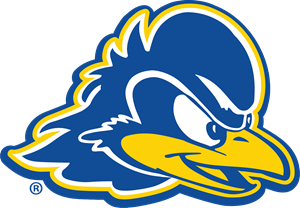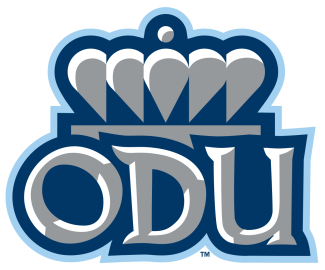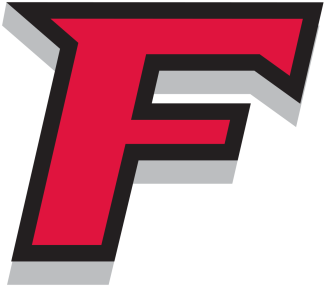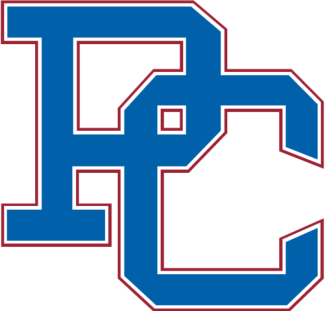US Lacrosse’s three-day webinar series focused on issues that impact female athletes and women in sports. Replay viewings of all six virtual presentations is available with a free registration. Get details at uslacrosse.org/shecompetes.
The third and final day of the SheCompetes virtual series, presented by the U.S. Women's National Lacrosse Team and Nike Lacrosse, concluded Wednesday with frank discussions about the power of sports, as well as diversity and inclusion.
The first presentation, “The Power of Sports”, was moderated by Mira Shane, former goalie at Michigan, and included five other panelists: Dr. Tanyika Mobley (Sport Psychologist), Caitlin Barrett (Up2Us Sports), Sandra Serafini, (NASO), Heather Mannix (USA Hockey), and Rachael DeCecco (Premier Lacrosse League).
Shane kicked off the presentation by citing an espnW study that reached out to 400 female executives with Fortune 500 companies and found that 80-percent had played sports.
“It’s obviously been proven that the lessons carry over from sports,” Shane said.
“There are so many positive things that come from participating in sports, especially for females,” said Mannix, who serves as ADM manager for USA Hockey. She reflected on her youth hockey experience of often being the only female in a male-dominated sport.
“When you find yourself in those situations, over and over again as a little girl, you start to feel more comfortable when you find yourself in those situations outside of sports as well,” she said. “I find myself in situations where I’m the only female in the room, and I don’t feel intimidated by that. It’s the biggest thing I’ve taken away from my sports experience.”
“The resilience you learn from sports is invaluable,” said DeCecco, an all-American lacrosse player at Princeton and a member of the National Lacrosse Hall of Fame. “Playing sports, no one is immune from failure. You fail, but you have to get back up. And as an adult, when something doesn’t go right, having experienced that through sports, builds that muscle of how to get better and try again.”
Panelists noted the importance of sports in assisting in a young women’s personal development.
“You really get a chance to be bold and push yourself beyond what you think is your max,” said Serafini, a member of the North Carolina Soccer Hall of Fame. “You can learn to do things that you think you are not good enough to do. And that becomes your new normal.”
“Sport also gives us an opportunity to take things from point A to point B and to see things through,” Barrett said. “That idea that you are committed to yourself but also to your teammates is really important. Part of sports is about building those relationships.”


























































